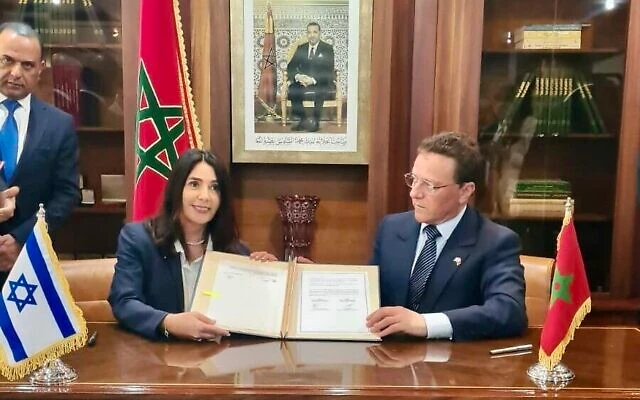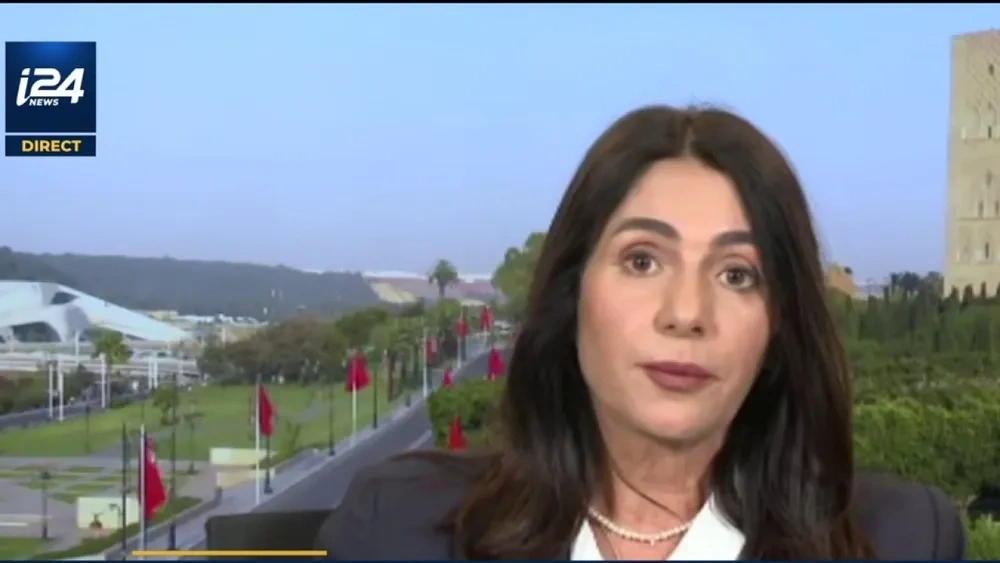“Palestinian women must carry a heavy burden, I am doing it day and night…non-stop..not knowing what will happen to us in the future. Did you hear about the mother who lost her child, giving birth while held up at the checkpoint?..” (Kevorkian, 2009)[1]
Whilst wars in the Middle East are too often observed by Western powers as a threat to international security, it is people within the conflict zones who have suffered the brutal costs of armed conflicts. But the most overlooked and marginalized struggles during and post war are those of women in the Middle East. In the wake of the recent Israeli onslaught on the Palestinians, I see it politically necessary to briefly highlight the impact of living under Israeli occupation and the role and involvement of women in the Palestinian resistance movement.
The formation of the Palestinian national narrative and struggle is synonymous with that of the individual struggles of Palestinian women. Their participation and involvement in the Palestinian liberation movement goes hand in hand with their efforts to establish an identity as independent Palestinian women and have their voices heard whilst standing up for a Palestine, free from Zionist occupation. Their involvement in the national struggle is not a new phenomenon but rather one that dates as far back as 1882 when the first Zionist settlements were built and women were involved in demonstrations against these actions. Since then, there has been a gradual historical development in the role women have played in the resistance narrative.
The first Intifada in 1987 saw a transferal of the struggle from the diaspora to within Palestine. This was a crucial development in the way in which women participated in the political sphere. This new wave of violence and activity enabled Palestinian women to become active citizens in an otherwise dormant society with little or no opportunity to exercise positive political activism due to unjust Israeli occupation. Women played an active role in organizing demonstrations, producing and distributing leaflets, creating works of art depicting the Palestinian struggle and sewing flags. Their involvement in and establishment of charitable organizations was also a significant aspect of this increased social and political activism. Their greater involvement led to the creation of a prison for female Palestinian political prisoners, where women were subject to sexual abuse and torture by the Israeli Occupation Forces.
During the later years of the intifada, the involvement of women in the national struggle almost disappeared and during the second intifada they were unable to play an active role due to the movement’s militarization. In the years since the failures of the Oslo Peace Process, the uprisings and the continued breach of international law by Israel, the social and political conditions of Palestine was, and still is, looking bleaker than ever, making female participation increasingly difficult.
Due to the ongoing and illegal occupation, Palestine has no infrastructure with unprecedented levels of unemployment and poverty. Palestinians have little or no access to basic human rights such as education, employment and medical care. Everyday is a skirmish with vicious Israeli forces where mere survival becomes arduous and the very existence of every Palestinian is threatened. In such an environment women’s rights in general has lost prominence and they are left to endure the pain and difficulties of their domestic lives due to the grim social and political conditions of living under occupation.
Women suffer due to the violence of Israeli military occupation. Such violence has deprived them of their rights to refuge, safety and shelter, increasing their susceptibility and vulnerability to economic difficulties, health problems and domestic violence and abuse.
Israeli Checkpoints are a major armament in this one sided war. The reason why I equate military checkpoints to weapons is because they have been directly responsible for the deaths of mothers and newborn babies. Between the years 2000 and 2005 sixty-seven Palestinian mothers were forced to give birth at checkpoints, resulting in the death of thirty-six babies and at least four women. This is a direct breach of international humanitarian law, but Israel’s Western allies continue to turn a blind eye to the struggles of women caused by Israeli aggression and take great pride in “Orientalizing” the issue of women in Palestine by solely blaming Islamist movements for the poor rights women endure in Palestinian society.
Palestinian women currently face two key impediments to their rights; those from within their own society and culture and from the obstacles created by the constant occupation for almost seventy years, which plays a significant role in the way in which the Palestinian Authority governs and functions. This inevitably has a direct impact on the lives of all Palestinians.
The most recent attacks on Gaza after the deaths of three Israeli teens, has already caused over fifty civilian deaths with the toll constantly rising and over four-hundred and fifty injuries. This has and will inevitably leave households without male members who were most probably the only ones bringing in a salary. The case of Gaza and its women requires a separate piece as Gaza is victim to frequent Israeli terror campaigns and there is much to be reported on the issue.
Gaza’s economy is wilting due to the continued blockade of the Gaza strip by Israel despite it withdrawing its forces in 2005. The unemployment rates reached a staggering forty-five percent in 2011. So it is no surprise that female participation in the labor force remains significantly low. This could also be partly put down to the restrictions the Hamas government place on women’s employment but nonetheless there is diminutive opportunity for all Gazans who are living in an open air prison which is under constant shelling and attack from Israeli missiles.
The violence being carried out by Israel that has become a part of every Palestinian’s daily narrative is an attempt to obliterate any little hope the Palestinians have to create a sovereign Palestinian nation. It is a cruel operation that has been carried out for almost 70 years to annihilate any possibility of a Palestinian state. This has been a gradual process of ethnic cleansing and the plight of women has been a central theme in this narrative, but will only gain momentum when the empowerment and rights of Palestinian women are given the same weight as that of the Palestinian nationalist struggle.
[1]Militarization and violence against women in conflict zones in the Middle East a Palestinian case study, Kevorkian, N (2009) p42.
[symple_box color=”blue” text_align=”left” width=”100%” float=”none”]
Nishaat Ismail is completing a MSc in Middle East in Global Politics: Islam, Conflict and Development at Birkbeck University of London. Nishaat has also a BA in History from the School of Oriental and African Studies (SOAS) in London. Nishaat specialises in the politics of the Middle East and North Africa.
[/symple_box]





